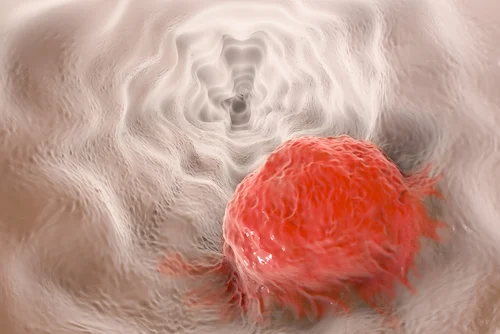GERD
Garnet Health specializes in the treatment of severe and persistent cases of GERD, heartburn and acid reflux.
Find a Provider Search Locations
Contact Us
If you have GERD, you do not have to suffer. Contact us today at 845-333-2635 to begin your pathway to relief.
Call TodayGERD Providers
View all providersSuffering with Gastroesophageal Reflux (GERD) Symptoms
Heartburn, acid reflux, swallowing difficulty, regurgitation of food or sour liquid, chronic cough, and disrupted sleep - are among the many painful and annoying symptoms of Gastroesophageal reflux disease (GERD). If you are experiencing one or more of these symptoms, there is a good chance that you have GERD.
If you are attempting to modify your lifestyle, frequently taking antacids or other over-the-counter medication, or if you are like some, prescribed powerful medications that you have been taking for years with no end in sight - yet, still suffer and crave relief, please contact us.
Common GERD Symptoms & Conditions
Approximately 20 million Americans suffer from GERD symptoms on a daily basis. For many, symptoms are mild, but for some, GERD is a daily, severe problem with lifelong implications.
Don't suffer - We're here to help.
Garnet Health Medical Center offers treatment of severe and persistent cases of GERD, heartburn, and acid reflux. Our expert staff understands your suffering and has the capabilities to thoroughly evaluate your condition and deliver an array of treatment choices that will finally provide the relief you deserve.
We have the latest state-of-the-art technologies to test the function of the esophagus, measure acid levels, and evaluate for pre-cancerous conditions. We can then deliver world-class treatment tailored for you, whether it is medications or the latest in minimally invasive surgery.
Talk to your physician or call Garnet Health Doctors at 845-333-7575 for an appointment with a primary care provider.

Endoscopy & Gastrointestinal Procedures
At Garnet Health, we offer a range of procedures to diagnose gastrointestinal conditions in Orange and Sullivan County, NY
Learn More
Patient Information & Resources
Patient resources regarding your patient rights, billing, and more - so you can get a jump start on your stay or appointment.
View Resources

